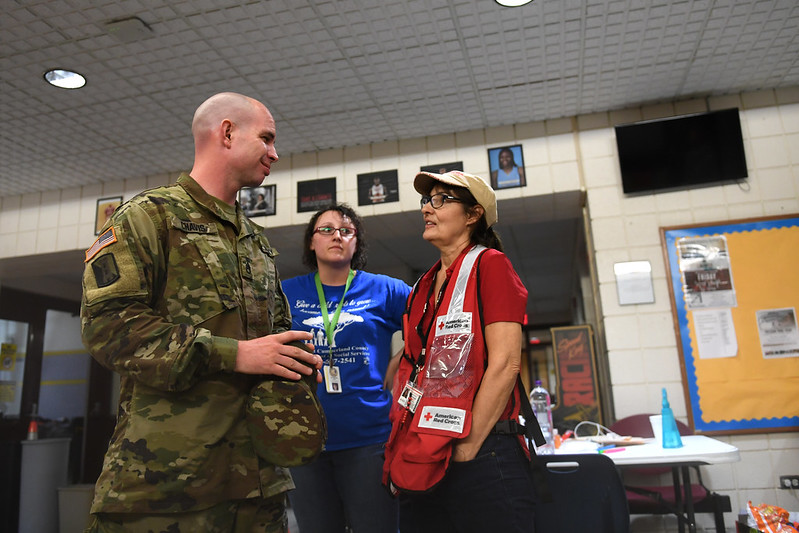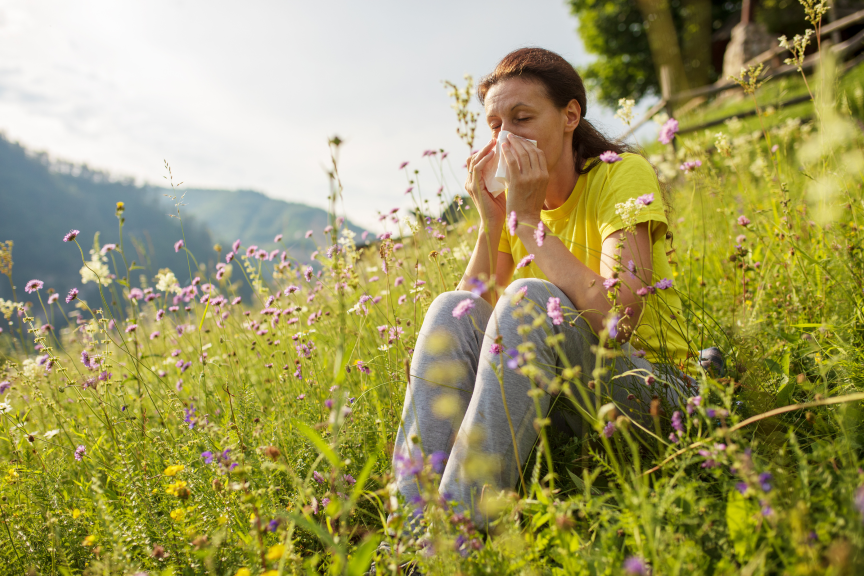
As area governments, businesses and medical providers deal with a surge in COVID-19 cases, another challenge looms — addressing the negative impact climate change and natural disasters have on public health.
From heat waves to hurricanes, the Centers for Disease Control and Prevention says climate factors — regardless of their cause — influence human health and disease in numerous ways.
“Some existing health threats will intensify and new health threats will emerge,” the CDC reports.
In addition to hurricanes, the CDC says the Southeast is especially vulnerable to extreme heat and wildfires and certain populations, such as farmworkers and diabetics, face a high risk.
Those are some of the topics that will be covered at the Sandhills Climate and Health Symposium 2021, set for Aug. 13 at the Southern Regional Area Health Education Center (SR-AHEC), 1601 Owen Drive, Fayetteville.
The Sandhills region already experiences health and community challenges posed by increasing heat and storms, said Karen Goble, director of continuing medical education for SR-AHEC.
“We have the highest incidence of heat-related illness in North Carolina,” Goble told the Greater Fayetteville Business Journal on Monday. “Health care workers, employee health staff, and all in the region need to consider how we adapt, such as providing counseling for persons taking commonly prescribed medications that increase risk for heat related illness.”
“It will be important to consider preventative measures for those working outdoors — such as in construction or farmworkers — and engaged in outdoor sports activities.”
The symposium is sponsored by SR-AHEC and Duke University-AHEC and the target audience includes physicians, advanced practitioners, social workers, behavioral health providers, public health, allied health, health sciences students, chaplains and other community stakeholders.
The main speaker for the symposium brings a unique perspective to crisis response. Matthew J. Sullivan, a licensed social worker and former chief of the Chapel Hill Fire Department, specializes in support for human-services providers. Sullivan will have sessions on communicating during a crisis and recognizing mental trauma during a crisis, both in the population providers serve and among the providers themselves.
The symposium also offers sessions on heat-related concerns for medications, the health of farmers and farmworkers, and managing diabetes during storms and extreme heat.
According to the N.C. Department of Health and Human Services, the 11-county Sandhills region of the state is particularly vulnerable to heat-related health issues and smoke from wildfires. Other major health impacts of climate change in the state include air pollution, extreme weather, and water-borne pathogens, the N.C. Climate and Health Program reports.
According to data, the state’s highest rates of emergency department visits for heat-related illnesses are in the Sandhills. Hoke County leads the state in vulnerability to health impacts of wildfire smoke.
“Health care workers in Jacksonville and New Bern cared for patients during Florence and watched the flooding of their houses and neighborhoods,” Goble said. “The COVID pandemic has stretched all who work in health care and a major storm would be all the more difficult.” Goble said communication and resilience are essential for taking care of self and others as we look to a future with increased climate-related challenges.
This is the second annual Sandhills Climate and Health Symposium organized by SR-AHEC. The event qualifies for continuing education credits.
For more information and how to register, visit www.southernregionalahec.org.

This year’s convention will feature vendors, cosplay contests for all skill levels and celebrity guests. Photo provided by Fayetteville Comic ConFayetteville Comic Con returns to the Crown Coliseum this April 27 and 28 jam packed with a series of spe

I can honestly say that I have never felt more like a piece of fried chicken in my life, with the way this pollen has been raining down and the expected temperatures for this upcoming summer season, I feel like we’re all about to be fried lightly on

Guest speakers from last year's gala (left to right): Camy Kennedy, Sylvia S. Glanton, Charlene Richardson, Taylor Bradley. Charlene will be joining Sylvia again this year as a guest speaker. Photo provided by the Future Rich Aunties, captured by Jam